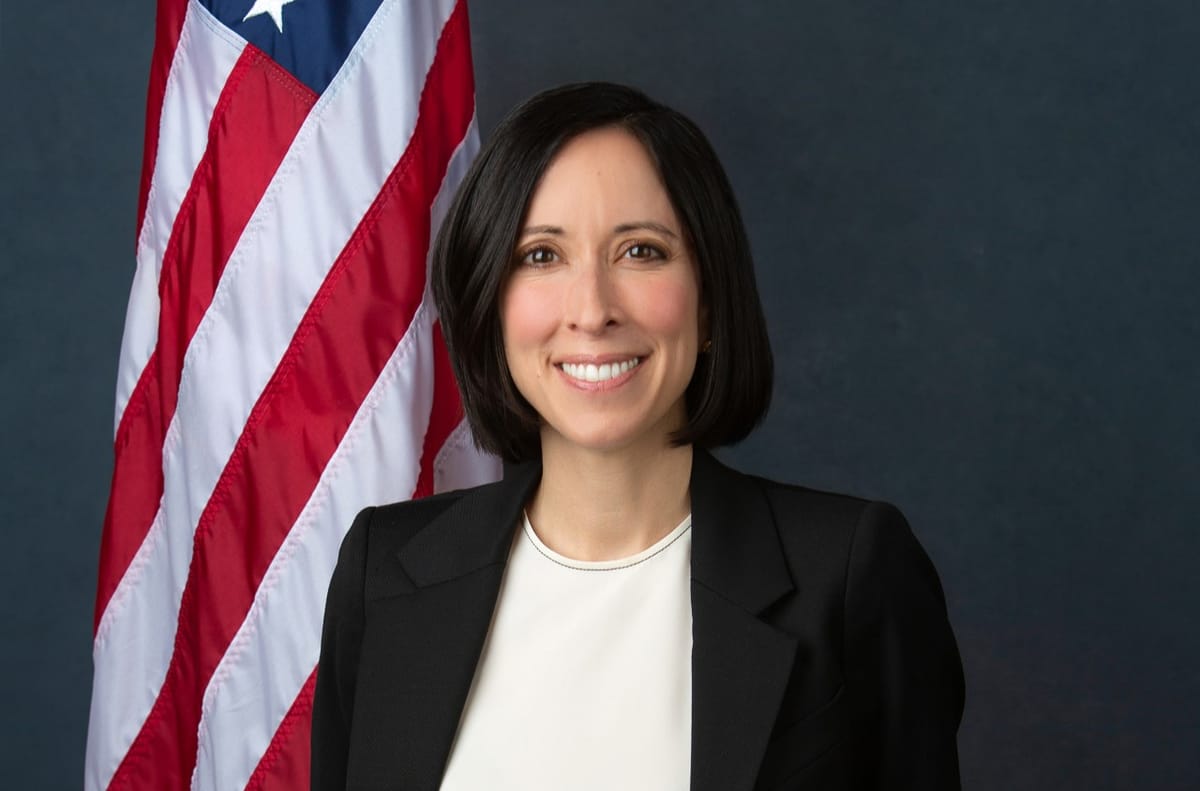New Rules for Infrastructure on Historic Properties and Tribal Lands
Federal agencies must compensate Tribes or consulting parties for services performed on historical sites.
Jericho Casper

WASHINGTON, March 14, 2024 – In a move seeking to accelerate broadband deployment while honoring indigenous communities, the Advisory Council on Historic Preservation approved an amendment Wednesday mandating compensation for certain Tribal assistance on federal broadband projects.
This development responds to a request from the Commerce Department’s National Telecommunications and Information Administration, and emerges within the framework of an amended program comment by ACHP.
The amended program comment falls under Section 106 of the National Historic Preservation Act, which changed the way federal agencies navigated historic reviews for infrastructure processes. The ACHP is an independent federal agency that oversees the implementation of the NHPA, which was passed in 1966.
By offering an alternative approach to Section 106 compliance, the amended rule aims to facilitate federal agencies to permit the deployment of next-generation wired and wireless communication technologies, including 5G.
Section 106 of the National Historic Preservation Act requires federal agencies to identify and assess the impact that federal projects have on historic properties. Private projects can also be subject to Section 106 when they involved federal funding, as with the Broadband Equity, Access and Deployment program of NTIA.
NHPA requires that the ACHP have a reasonable opportunity to comment on such infrastructure projects, with the goal of avoid adverse effects on historic and tribal properties whenever possible.
Substantive changes to provisions impacting infrastructure
The amendment introduces a provision requiring federal agencies compensate tribes for any additional services required beyond responding to findings and determinations under the program comment, aligning with President Joe Biden's Executive Order on Reforming Federal Funding and Support for Tribal Nations.
If a federal agency or applicant requests additional services, they must establish an appropriate arrangement to compensate the tribe or consulting party for such services.
Services eligible for compensation include conducting field surveys to identify historic properties that may be affected by forthcoming broadband projects; performing records searches on behalf of the federal agency; and providing preliminary assessments of the potential effects of undertaking projects on historic properties.
"Our agency is using all the tools it has at its disposal to create clear paths for permitting projects that benefit people, in this case, advancing the Biden Administration's goals of providing internet access to all, while upholding preservation values," ACHP Chair Sara Bronin said in a Thursday release.
"This program comment offers, for the first time in any ACHP program alternative, mandatory financial compensation to Indian Tribes that assist in this effort - one of many steps we can and must take to fulfill our government-to-government obligations with Tribal nations,” Bronin said.
The program comment essentially provides an alternative way for federal agencies to comply with Section 106 requirements, while still considering the effects of their projects on historic properties.
Broadening the scope of prior amendment
NTIA Administrator Alan Davidson thanked the ACHP for “acting swiftly and carefully to meet the urgent need for high-speed internet networks while protecting properties of historic and cultural significance,” he said Thursday.
"Streamlining permitting efforts is crucial to quickly deploy the high-speed internet networks needed by families and businesses across the U.S.,” he said, highlighting that the action “will be felt immediately in our current broadband projects” and accelerate future deployments.
Jonathan Spalter, USTelecom CEO, commended NTIA's decision to streamline permitting for broadband infrastructure projects, emphasizing the importance of accelerating the process to ensure efficient broadband buildout, particularly with increased federal deployment funding.
Initially issued in 2017, the program comment aimed to expedite the review process for communication projects on federal lands and properties. The Thursday amendment broadens the scope of the 2017 changes and extends their applicability beyond specific property and land managing federal agencies to encompass any federal agency involved in providing funding.









Member discussion